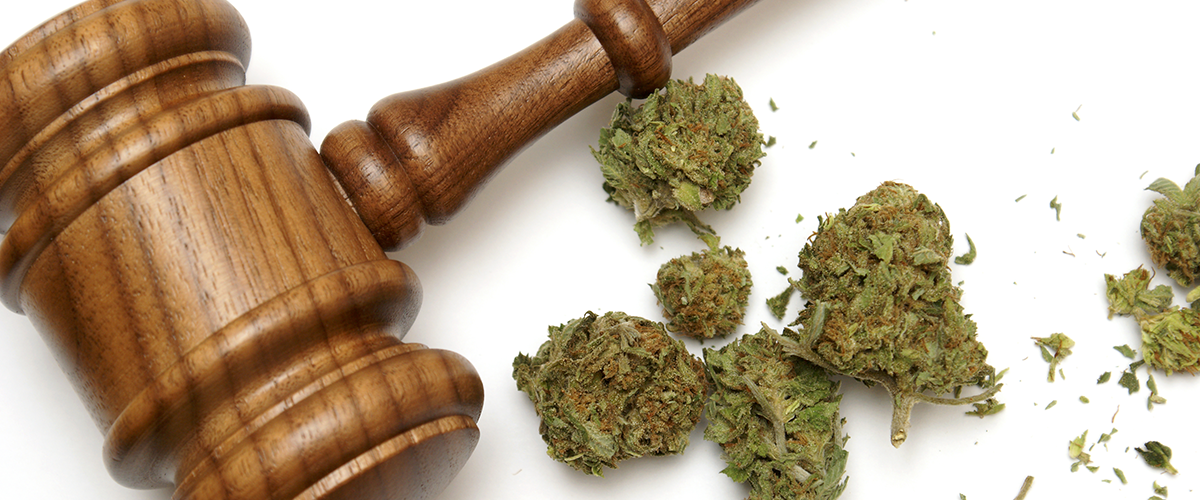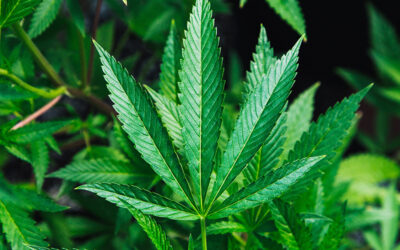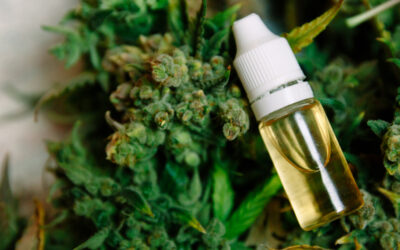There have been changes made recently to the Controlled Substances Act (CSA) in regards to cannabidiol or CBD. As the CBD market continues to expand, many consumers are looking at this recent news and wondering how it will affect their daily CBD product. Here, we look at updates to the country’s policy toward CBD and explain whether it will change CBD availability to you.
Epidiolex, a Drug Containing CBD, is now in Schedule V
Epidiolex, a drug containing CBD, was recently scheduled into the CSA’s least restrictive category. This change may have a lasting impact on the CBD industry as a whole, including increased research and expanded access.
The path towards scheduling of Epidiolex began with the FDA approval of the CBD-based drug for certain forms of epilepsy in June of 2018.
Then, on September 27, 2018, the DEA rescheduled specific CBD formulations as a Schedule V drug. This includes Epidiolex and any generic version of this CBD-containing drug. Schedule V is the least restrictive category of the drug schedule. This move may end many restrictions on research and availability of CBD under the CSA.
Placing Epidiolex to Schedule V also demonstrates that the DEA recognizes the proven health benefits and low potential for abuse of CBD.
This move to schedule Epidiolex and generic versions approved by the FDA as a Schedule V drug was sparked by an FDA memo sent to the DEA on May 16, 2018. The memo reads, “We conclude… that CBD and its salts… do not have a significant potential for abuse and could be removed from control under the CSA.”
While the FDA recommended that CBD could be descheduled completely, the DEA has chosen to keep Epidiolex and its generic versions under CSA restriction, placing it in Schedule V, the same category as drugs like cough syrups containing small amounts of narcotics.
You can find the complete DEA communication on the scheduling of Epidiolex – which is a CBD formulations here.
International Controls
The DEA and FDA noted in their communications that international conventions may prevent CBD or other cannabinoids from being declassified fully from the CSA. However, in December of 2017, the WHO’s Expert Committee on Drug Dependence (ECDD) concluded that CBD’s health risks do not justify internationally scheduling CBD as a drug. This was later reaffirmed at a WHO meeting in Geneva in June of 2018.
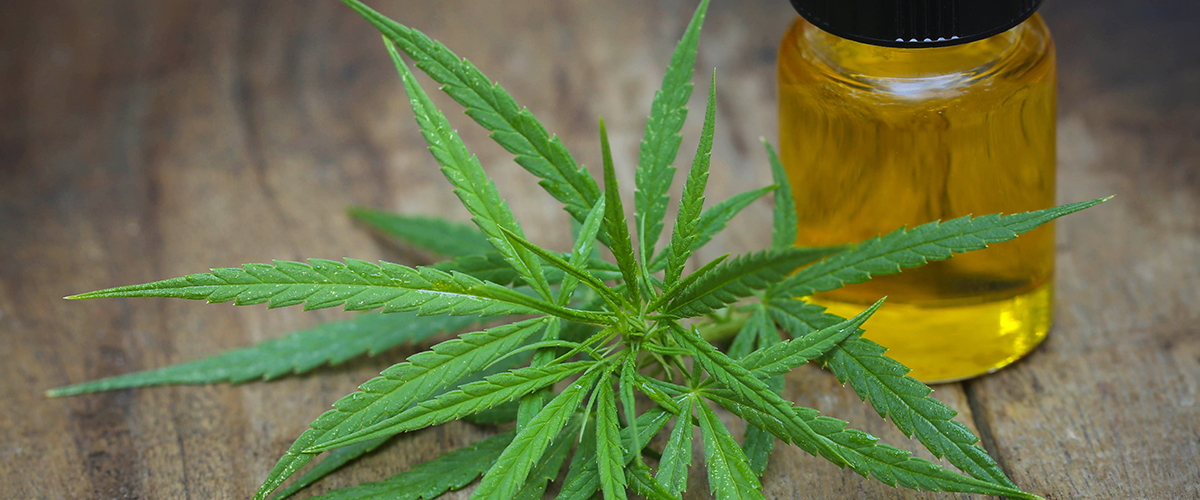 CBD from Hemp or from Marijuana?
CBD from Hemp or from Marijuana?
Whether this decision by the DEA affects you or not depends on the source of the CBD in your products. The DEA moving CBD to Schedule V is restricted only to FDA approved Epidiolex and generic versions of the same drug formulation.
The DEA’s move has no bearing on the status of hemp-derived CBD and products made with hemp CBD. Medical Marijuana, Inc.’s products are made from parts of the hemp plant that are exempt from the CSA.
The ability to use these exempted parts of the hemp plant to make products was upheld by the 9th Circuit Court of Appeals decision in February 2008 that the DEA cannot restrict THC and other cannabinoids found naturally occurring in non-marijuana sources, ie. hemp. Therefore, this move does not affect all CBD derived from hemp plant parts because they do not fall under the purview of the CSA.
Hemp is also on course to gain federal approval, which will further distance commercial hemp from its more illicit cousin – marijuana. This journey began with the 2014 Farm Bill, which provided for domestic hemp cultivation for research purposes. Introducing hemp back to the American farmer in this way was meant to explore the potential for domestic hemp cultivation in the U.S.
Then, in April of 2018, Senate Majority Leader Mitch McConnell (R-Ky.) introduced the Hemp Farming Act of 2018 would distinguish hemp from marijuana, remove hemp from the list of controlled substances under the CSA, and put the U.S. Department of Agriculture and state agencies in charge of regulating the hemp industry.
This removal of hemp completely from the CSA will finally clarify the nation’s stance on hemp-derived products like CBD oil in law. It will also mean that CBD will be able to be derived from the entire hemp plant, including the flowers.
In June, the Hemp Farming Act 2018 was added to the 2018 Farm Bill, advancing it closer to becoming law. The current Farming Act, an omnibus bill that must be passed every few years, expired on September 30th. The newest Farm Bill is still waiting to be passed, and it is unknown what the final bill will contain.
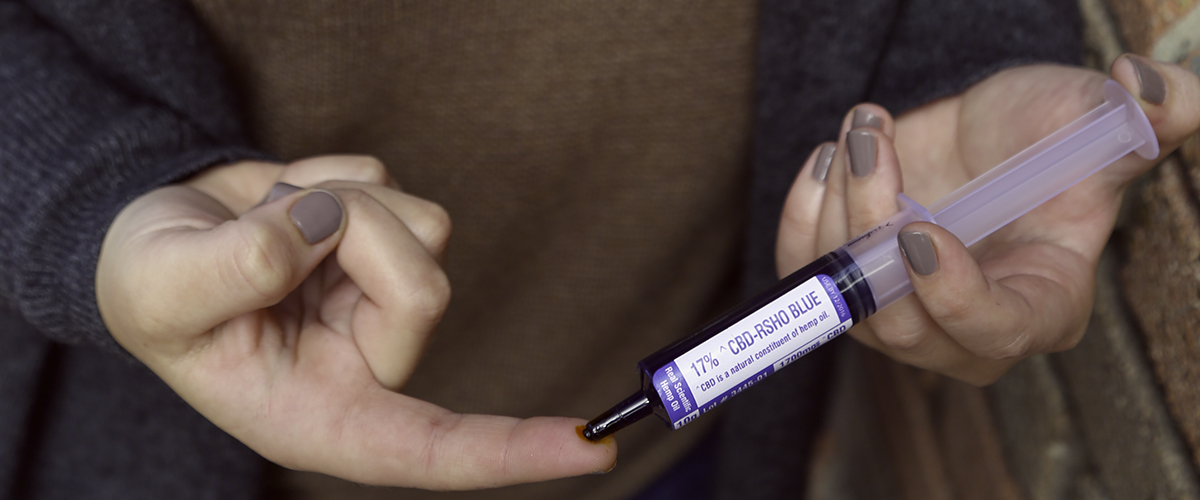 Are My Favorite CBD Products Still Available?
Are My Favorite CBD Products Still Available?
The good news is that these changes within the CSA does not affect the availability of Medical Marijuana, Inc.’s CBD products because they are extracted from parts of the hemp plant that are currently exempt from the CSA.
Like all CBD hemp oil companies, we are eagerly watching the development of the 2018 Farm Bill to present domestic opportunities for hemp cultivation and access to the entire hemp plant for commercial production for use in our federally compliant products.
You can learn more about news like this on our cannabis news page, or shop our store for our complete line of CBD products from popular brands like Real Scientific Hemp Oil® and Dixie Botanicals®.

